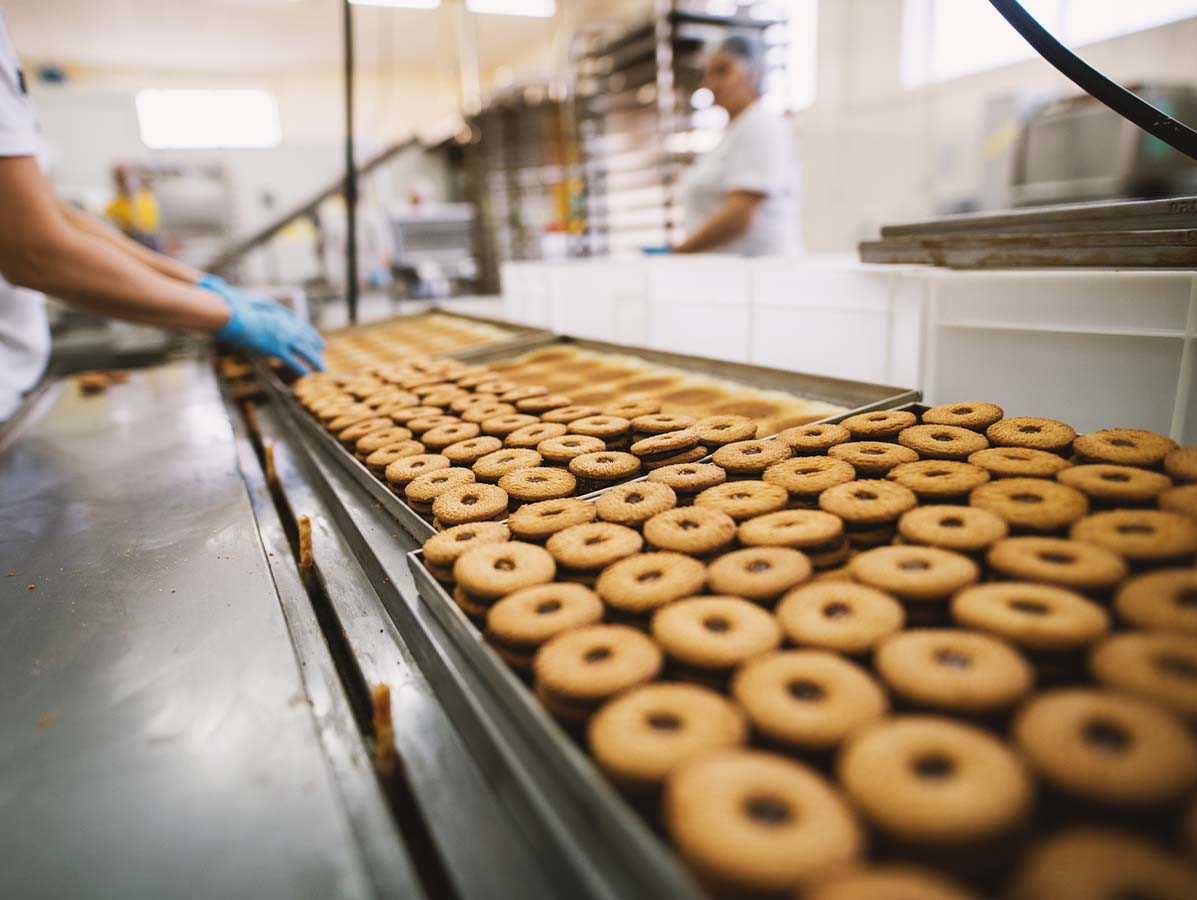
The EU member states have recently agreed to the Corporate Sustainability Due Diligence Directive (CSDDD). This directive demands greater attention to human rights and environmental issues in production and supply chains. Ceel Elemans, an expert from ING, emphasizes that food companies must now take action, especially since the ‘no-more-looking-away law’ has become less stringent than before.
European regulations aim to uniformly address wrongdoings. However, recent modifications to the CSDDD have limited its scope. Initially, companies with 500 employees and a turnover of 150 million euros were covered by the law. This has now been raised to include companies with more than 1000 employees and a turnover of 450 million euros. Experts are calling for proactive responsibility from companies, despite these new thresholds.
The Corporate Sustainability Reporting Directive (CSRD) obliges large companies to report on labor conditions and environmental issues. This applies to publicly traded companies from the reporting year 2024 and larger companies meeting the criteria from 2025. This highlights the trend towards greater transparency regarding the impact of food production on people and the environment.
Today's consumer demands transparency. They want to know the conditions under which their food is produced. Exploitations like those of tomato pickers in Southern Italy or tea plantations in Kenya are increasingly unacceptable. In the Netherlands, the focus on the working conditions of migrant laborers is urgent. Supermarkets and food companies, regardless of whether they fall under the CSDDD, are urged to take their social responsibility seriously.
This marks a critical time for the Dutch food industry. It's not just about complying with new regulations. It involves a fundamental shift in how companies manage their production processes and their impact on the world.
Source: ING